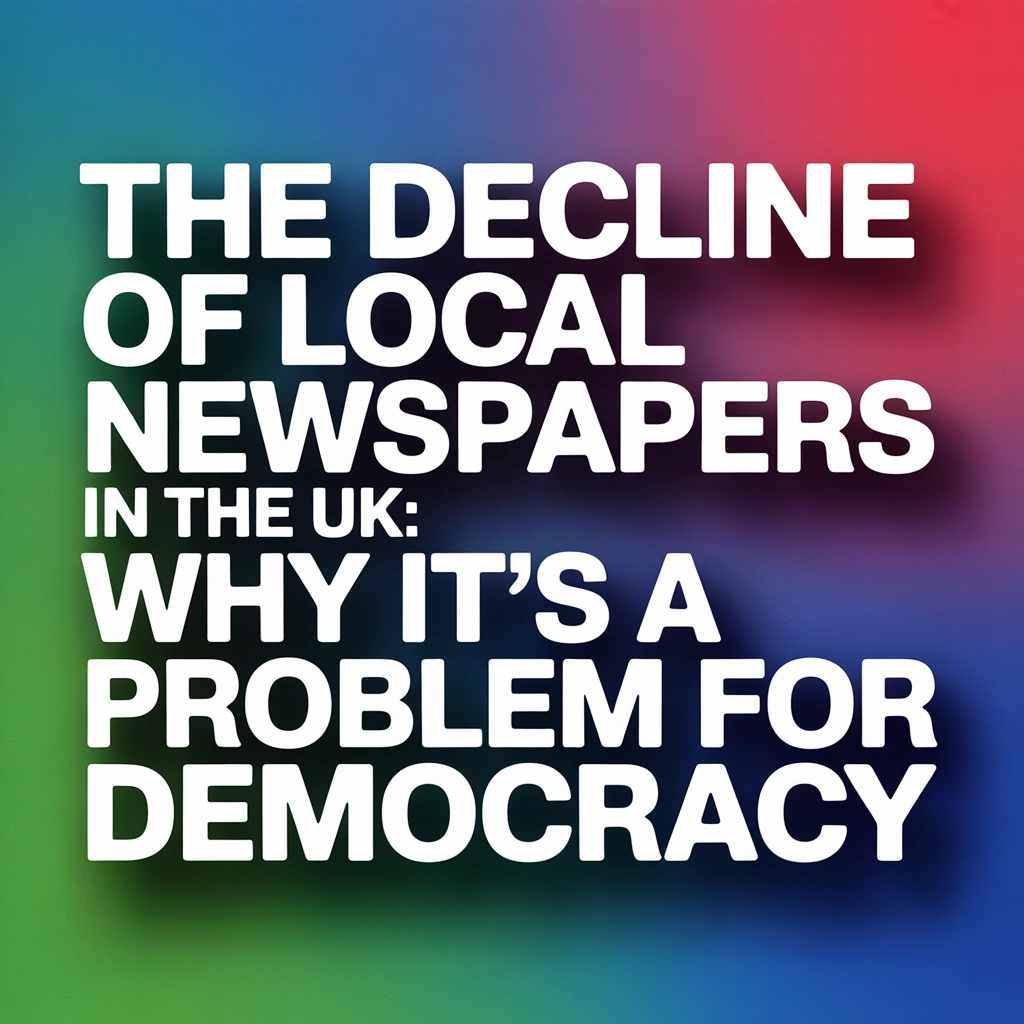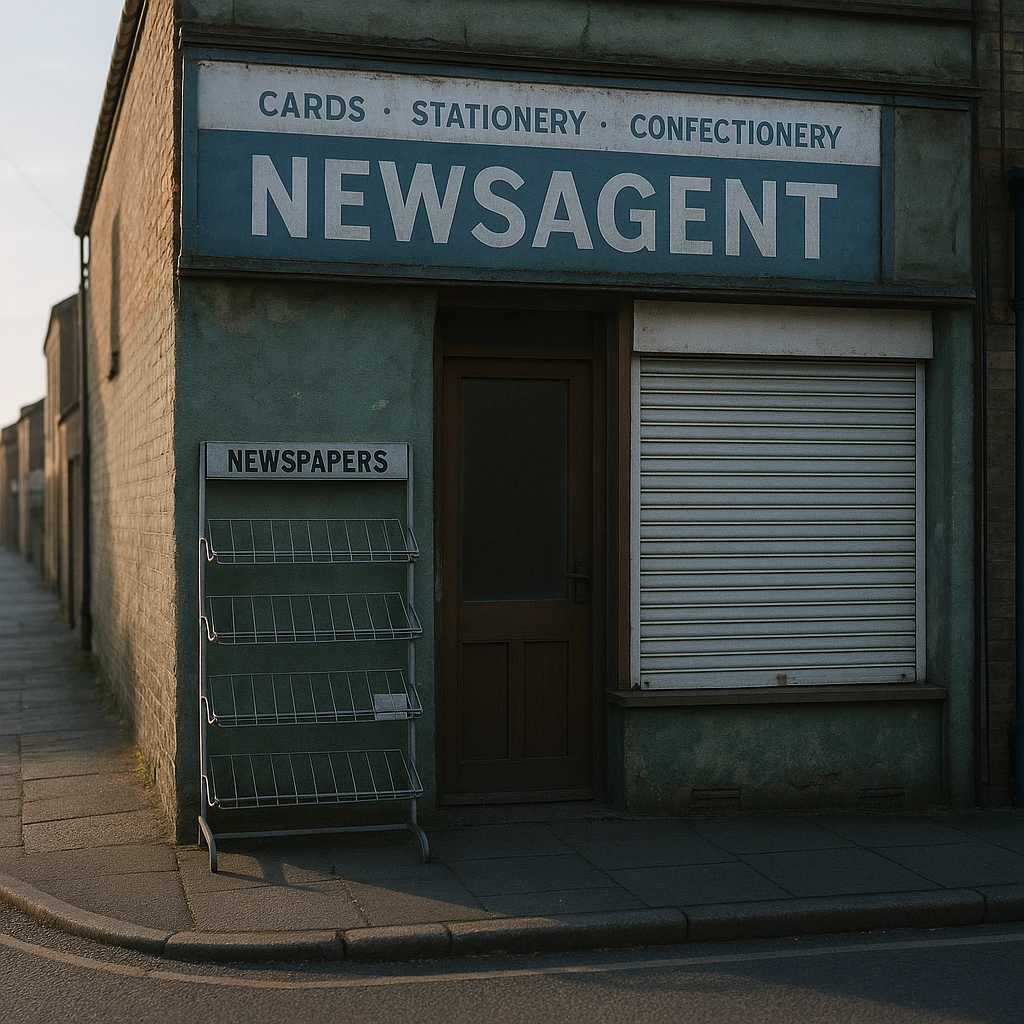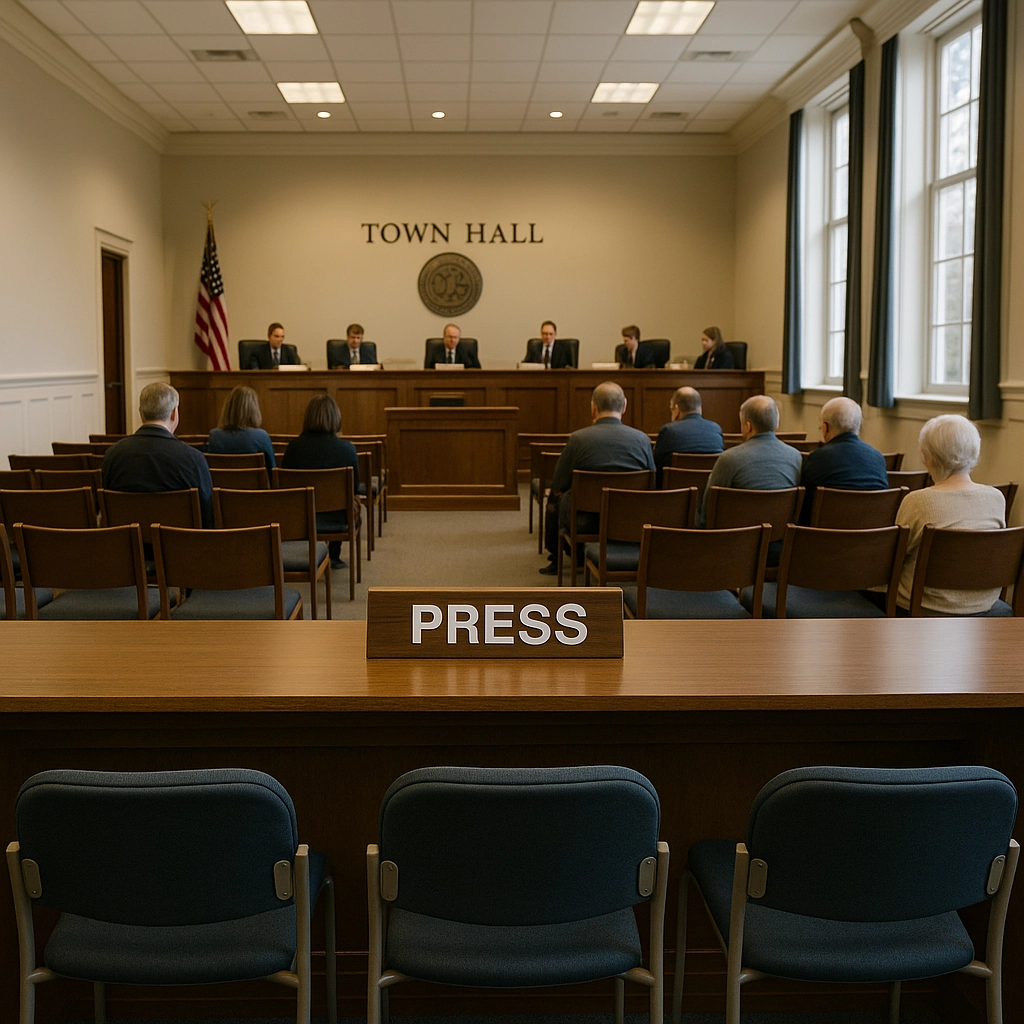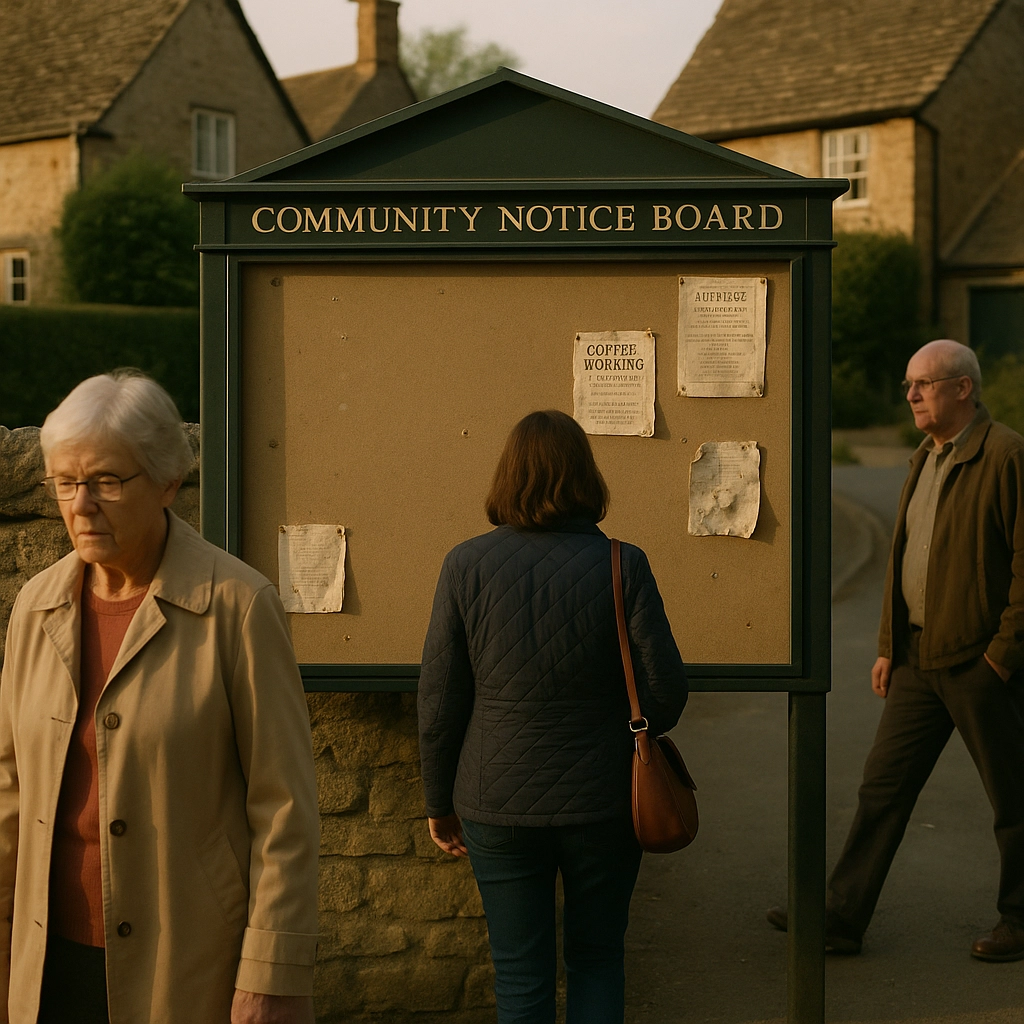
The Shrinking Voice of Local News
Walk down any high street in the UK and you’ll notice far fewer traditional newsagents with fresh copies of the town’s post, times or gazette. It’s more than nostalgia – it’s evidence of a structural shift with serious consequences. Over the last two decades, the local newspaper landscape has changed almost beyond recognition, raising alarms for everyone who believes democracy starts at the grassroots.
The Numbers: A Bleak Outlook
Since 2005, the UK has lost 293 local print newspapers—a number that keeps rising year on year. Between 2023 and the most recent data, another 22 titles disappeared, marking one of the fastest periods of decline on record. The loss isn’t just about print; the infrastructure that supports robust local journalism—skilled journalists, editors, photojournalists—are rapidly becoming endangered species. The Big Three publishers (Newsquest, National World, and Reach) have shed over 6,000 journalist jobs since 2007.
In terms of circulation, it’s been a free-fall. From 2023 to 2024 alone, UK regional daily newspaper print sales dropped by 16%. For the first time ever, not a single regional daily newspaper has a circulation above 20,000 copies per day. Stalwarts like The Irish News and Aberdeen’s Press & Journal—previously able to buck the trend—have both dipped below that threshold. The Evening Standard, once London’s daily pulse, is a shadow of its former glory. When I first left journalism and went into PR, there were three political specialist on my local paper, the Portsmouth News and can remember hunting for the Evening Standard's West End Final version to see what tea cup rattling story they had run.

A Landscape Dominated by the Few
Three companies—Newsquest, National World, and Reach—control more than half (51%) of all UK local newspapers. Newsquest alone owns more local papers than the combined total of the smallest 154 publishers. This concentrated control means decisions about coverage, staffing, and most importantly resources are often made far from the communities being reported on. I don't blame the companies involved, they are businesses after all and the management have to answer to owners and shareholders...
But, for small towns and rural communities, the upshot is stark: fewer journalists trying to cover larger patches with less time, money, and editorial support. Pages that once told local stories now frequently fill with generic content or press releases. The result—a yawning gap in trusted, independent coverage of local schools, councils, courts, and businesses.
Holding Power to Account: Why Local Journalism Matters
Local newspapers have long served as democracy’s early warning system—scrutinising council decisions, investigating dodgy planning approvals, and highlighting the work of community groups. When a local reporter sits at a council meeting or dives into a complicated planning issue, their work is public accountability in action.
Without them, the risk of unchecked power rises sharply. There is already growing evidence, here and abroad, that local government spending becomes less transparent—and perhaps even more wasteful or prone to corruption—when no one is watching. National media rarely has the bandwidth to track every parish council or planning committee; that was always the job of the local press.
Consider this: Who will shine a light on council tax rises, unexpected school closures, or decisions to sell public assets? When there are fewer local reporters, public officials face less scrutiny and may feel less compelled to justify their actions openly and in detail.

Civic Engagement: Out of Sight, Out of Mind
Democracy isn’t just about voting; it’s about knowing enough to make those votes count. Local newspapers connect people to their communities, reporting on local elections, candidate backgrounds, upcoming referendums, policing changes, and everyday issues from potholes to planning disputes.
With fewer local news outlets, people are less likely to know what’s happening in their area. Recent studies show that when residents lose access to local reporting, they are less likely to vote in local elections, attend community meetings, or volunteer. Issues of real local importance—like the fate of a village hall or the plans for a new bypass—struggle to get the attention or debate they need.

Echo Chambers and Growing Division
An often-overlooked effect of lost local journalism is how it changes the way people get their news—and how it affects the tone of what they hear. Without reliable local sources, more people turn to national media or social media feeds that are frequently shaped by algorithms and political polarisation.
Local papers traditionally offered a sense of shared community identity, explaining big national stories in ways that made them relevant on your street or in your neighbourhood. Take that away and public debate can become more distant, divided, or hostile. It gets easier to view neighbours through the lens of partisanship rather than as part of the same community.

The Rise of Misinformation
When trained local journalists disappear, the “news gap” is often filled by less reliable sources. Politic social media accounts, local Facebook groups, or worse unverified online forums can take on an outsized role, but lack careful fact-checking or journalistic accountability.
This environment is far more susceptible to misinformation, rumours, and deliberate disinformation. The absence of a dedicated, fact-driven local newsroom means that important local decisions—budgets, planning, social services—can be misunderstood or misrepresented, undermining rational debate and local trust. As Mark Twain said: "A lie can travel around the world and back again while the truth is lacing up its boots".
What Now? The Stakes for Democracy
The decline of local newspapers isn’t just an industry problem; it’s a direct threat to grassroots participation and the informed citizenry essential for a healthy democracy.
If thriving local journalism is lost, so too is the sense of shared civic life and mutual accountability that sustains open societies. The risk isn’t simply that people will be less informed; it’s that institutions will become less accountable and communities more divided.
Finding a way forward is complex—new business models, support for independent journalism, and innovations in community media all have a part to play. But unless communities, policymakers, and business leaders recognise the value of local news, the decline will continue.

Team Britannia PR champions the value of trusted journalism and its essential role in democracy. For more on our advocacy and communications expertise, visit our website.
